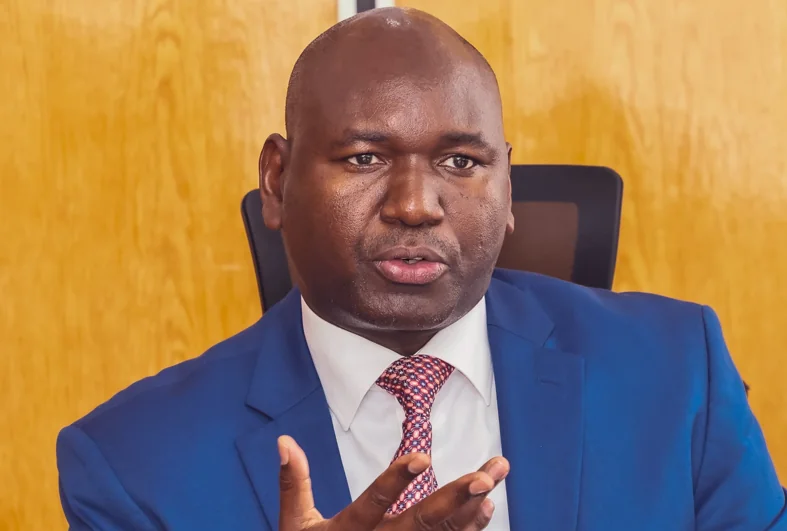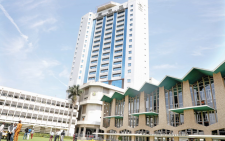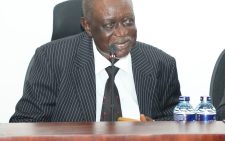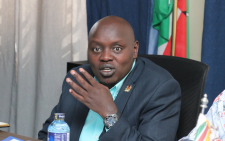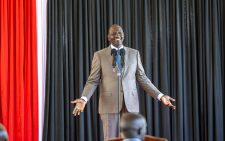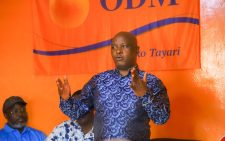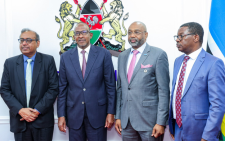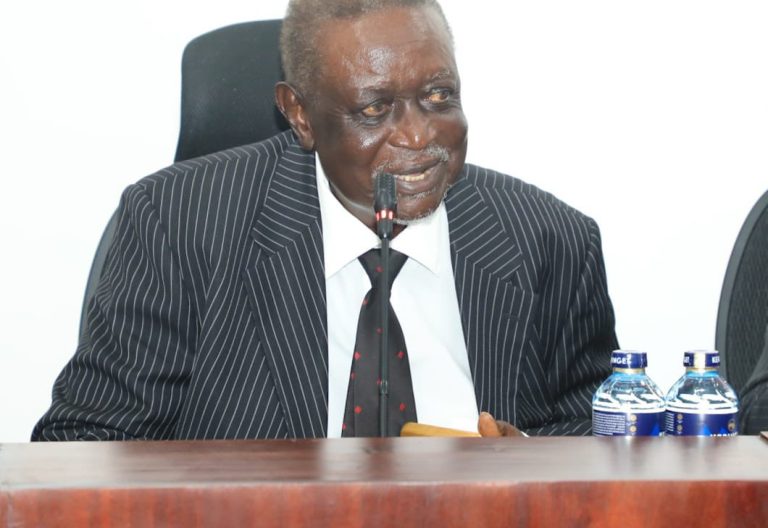Junior Secondary School teachers troop to KUPPET
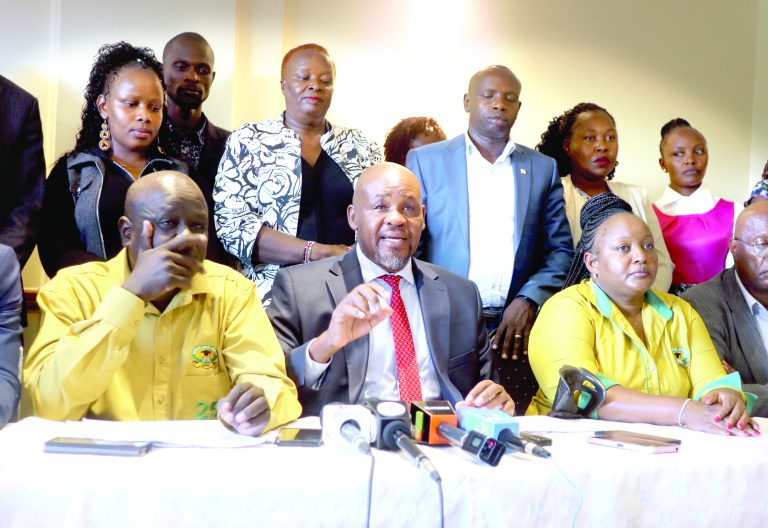
Junior Secondary School (JSS) teachers are increasingly joining the Kenya Union of Post-Primary Education Teachers (KUPPET) to secure better representation and protection in the profession.
This came as the union created more positions to accommodate them.
KUPPET Secretary-General Moses Nthurima clarified that JSS teachers are part of the post-primary teaching cadre and are therefore eligible members of the union.
Secretary Akello Misori said that JSS teachers rightly belonged to their fold and deserve better representation under the union that has grown in strength and numbers over the last 25 years.
Dispelled rumours
Speaking during a meeting with teachers and union representatives, Nthurima dispelled rumours that JSS teachers were being coerced into joining KUPPET.
He emphasised that their membership aligns with the Constitution, which classifies schools into pre-primary, primary, and secondary levels. Despite being housed in primary schools, JSS institutions are categorized under secondary education, making their teachers post-primary educators.
“We have taken time to listen to the concerns of JSS teachers and integrate them fully into KUPPET. The amended constitution, now officially registered, will take effect on January 21, 2026. This will allow JSS teachers to contest leadership positions and enjoy full membership rights,” Nthurima stated.
KUPPET has made several constitutional changes to ensure broader representation within the union. One major change includes the introduction of proportional representation in delegate elections, correcting past imbalances where smaller branches had equal representation with larger ones. Under the new system, every branch will send delegates proportionate to its membership size.
Additionally, the union has incorporated inclusivity measures, which include a representation for persons living with disabilities, adherence to the two-thirds gender rule, creation of regional offices aligned with government structures and the inclusion of JSS teachers in leadership and decision-making processes.
Trustee positions
To ensure fair representation, KUPPET has created nine trustee positions, with four reserved for women and one specifically designated for persons with disabilities. At the national level, a new position has been established exclusively for JSS teachers.
JSS teachers have welcomed these reforms, hailing them as a step toward equal treatment. Pauline Thamwa, who represents teachers living with disabilities, expressed her gratitude for the union’s decision to include their group in leadership structures.
JSS teachers have also gained the right to contest for any of the 14 available union positions, contrary to earlier rumors suggesting they would be limited to specific roles. Furthermore, the title of “Assistant Secretary for JSS” has been revised to “Secretary for JSS” to reflect their equal status within the union.
During the meeting, JSS representatives raised concerns about workplace harassment and administrative issues affecting their members. Omari Omari, a JSS representative, cited cases of physical and verbal abuse against tutors by school administrators.
Additionally, JSS teachers voiced concerns over unfair distribution of responsibilities in co-curricular activities such as sports, drama, and music.
Another pressing issue was the Sh10,000 training fee required for teachers preparing to mark Grade 9 exams. Omari called on KUPPET leaders to lobby for government-sponsored training, emphasizing that teachers should not have to pay to perform government duties.
KUPPET assured members that the conversation on JSS teachers’ integration is on and that additional recommendations will be considered. Nthurima reiterated that the union’s constitution remains a live document that could be amended to address emerging issues.
Concerns were raised regarding the removal of the mandatory retirement age for union officials. The 2017 Constitution set the mandatory retirement age at 65 years, and objectors feared it was being scrapped. However, the Labour Relations Office confirmed that while the word mandatory was removed, the age limit of 65 years remains in place.
Another contentious issue was the sharp increase in nomination fees for union elections. Under the amended Constitution, fees for top positions such as Secretary General, National Chairman, and National Treasurer rose from Sh 250,000 to Sh 500,000, while other national positions now require Sh 300,000.
The Labour Relations Office acknowledged the increase but ruled that it was within the union’s discretion, emphasizing that the amendment aimed to deter unserious candidates and ensure proper financing of election logistics. The office found no grounds to nullify the changes.
